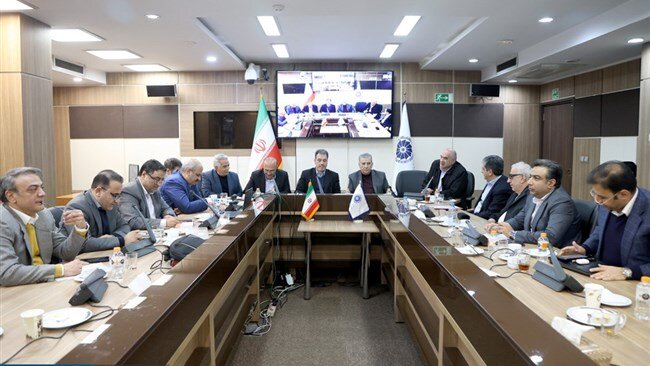Private sector ready to invest in customs modernization: ICCIMA

TEHRAN – Iran’s private sector has expressed its willingness to invest in equipping and modernizing the country’s customs infrastructure, aligning with international best practices, according to the head of Iran’s Chamber of Commerce, Industries, Mines, and Agriculture (ICCIMA).
In a meeting attended by Iran’s customs chief and private sector leaders, ICCIMA Head Samad Hassanzadeh highlighted successful examples in neighboring countries, such as Turkey, where customs operations are managed by the private sector.
"This approach has delivered significant positive results, and we are ready to take similar steps to support Iran’s customs sector through targeted investments," Hassanzadeh stated.
Private sector representatives criticized inefficiencies at customs offices, including outdated valuation processes for goods, insufficient infrastructure, and long truck queues at border crossings. They emphasized the need for modern equipment and streamlined processes to address delays and improve trade facilitation.
Hassanzadeh proposed establishing regular training workshops and collaborative meetings between customs officials and ICCIMA's specialized committees to resolve operational challenges. "Continuous dialogue and scheduled meetings are essential for improving processes and building capacity," he added.
Head of the Islamic Republic of Iran Customs Administration (IRICA) Mehdi Mirashrafi, responding to the concerns, assured that any new directives not aligned with Articles 24 and 30 of Iran's Law on Continuous Improvement of the Business Environment would not be issued. He reiterated the importance of sustained cooperation between the customs administration and the private sector to address ongoing challenges.
In his remarks, ICCIMA Vice President Payam Bagheri also underscored the role of the chamber’s committees as think tanks for generating solutions.
"Close collaboration between the Chamber of Commerce and the customs authority is critical for overcoming obstacles and achieving mutual goals," he said.
EF/MA
